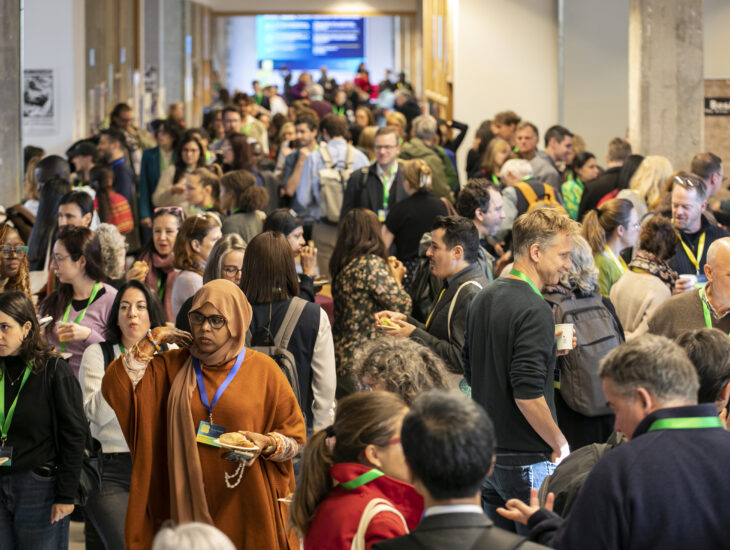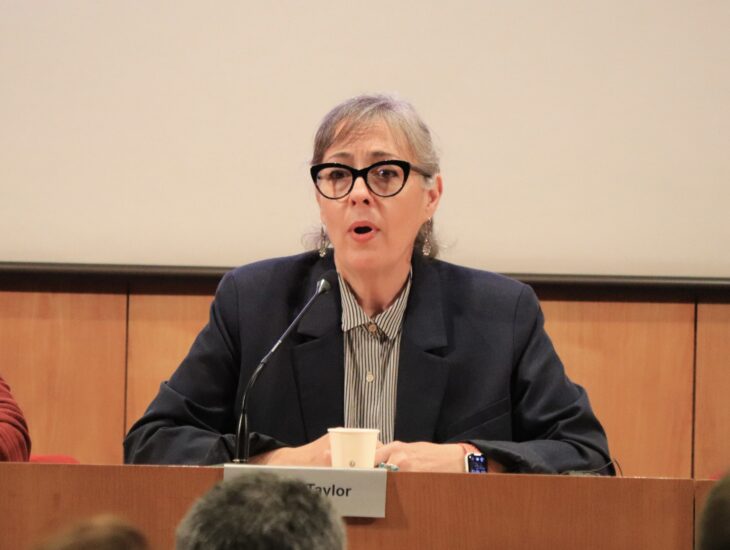The report analyses several cases of severe violations of human rights which have been committed in Western Sahara since 1975- when the territory was occupied by Morocco- to December 2010 – when the Moroccan army assaulted the Gdeim Izik a al-Aaiun Camp.
This study springs from 261 interviews to victims, either direct victims or their relatives, who have suffered the consequences of violence and political prosecution for defending the self-determination right of the territory and for questioning established power. They are corroborated testimonies of bombings, forced disappearances, common graves, arbitrary detentions, tortures in clandestine centers and sexual violence, among others.The report is filled with personal stories which give voice to a hidden history, a truth which has been denied for over 30 years, in an exercise of memory and justice.
The report is divided into two volumes. The first, analyses specific cases of violations of human rights such as the air raid on Um Dreiga in 1976, the 2005 intifada or the expulsion and hunger strike of Aminatou Haidar in 2009. The second volume records the impact of this violence, especially on women and children, and includes an agenda proposal for the transformation of the conflict. This agenda consists of a list of proposals such as the creation of specific transitional justice mechanisms; the investigation of the 407 cases of forced disappearances registered so far; the creation of assistance programs for the victims; the implementation of International Law and a change of attitude of the international community. In this respect, author Carlos Martin Beristain, PhD in Psychology, regretted that the Sahara conflict is ‘one of the most disregarded in the world’ and vindicated a more active attitude from the international community. Beristain stated that Sahara has always been perceived as a humanitarian aid problem and that we should focus on human rights to find a solution to the conflict.
The event also counted with the participation of Jaume Saura, president of the Human Rights Institute of Catalonia; Núria Salamé, president of the Catalan Association of Friends of the Saharawi people; Joan Merelo- Barberà, president of the Commission of International Criminal Law of the ICAB; and Tica Font, director of ICIP.
07.01.2013




